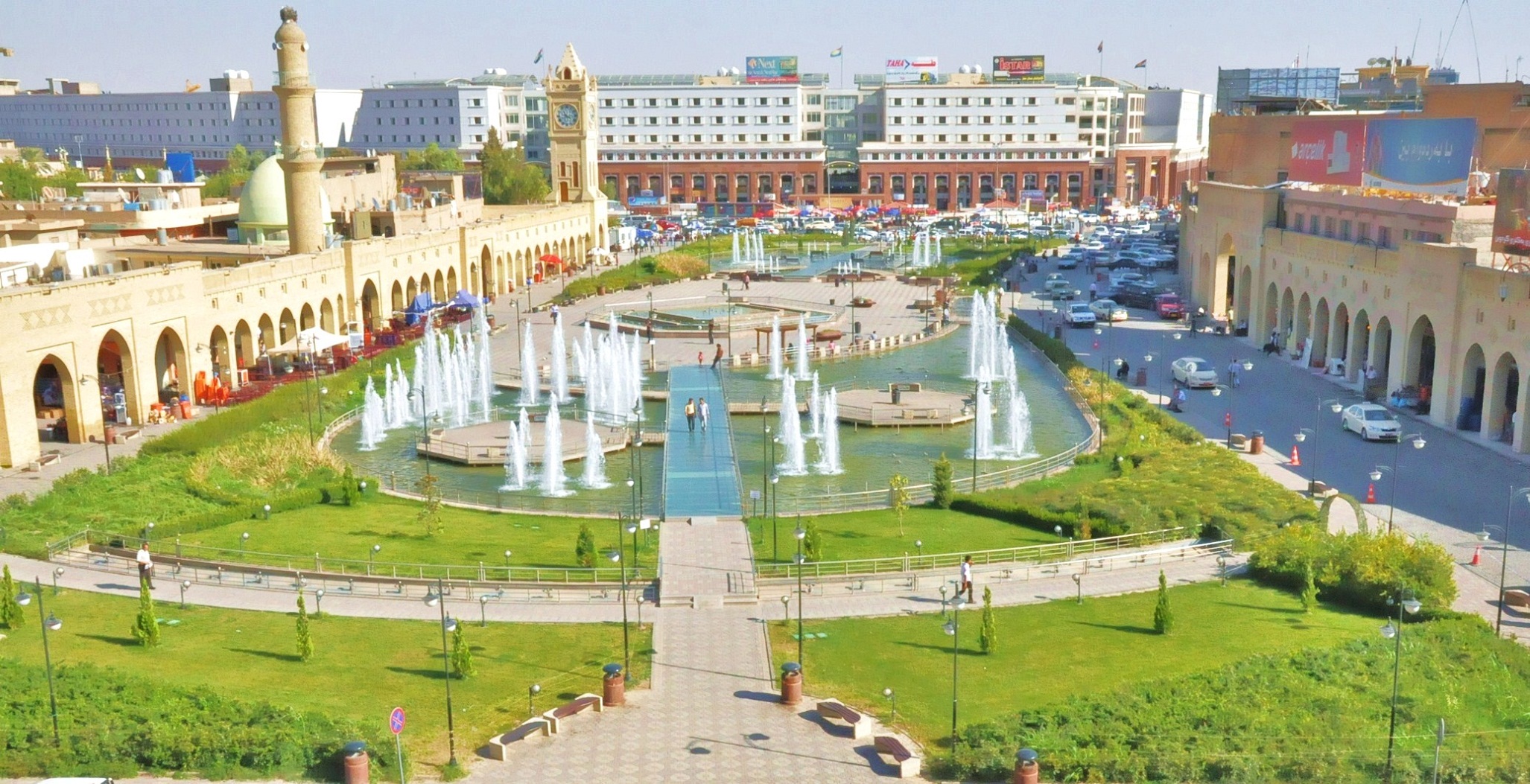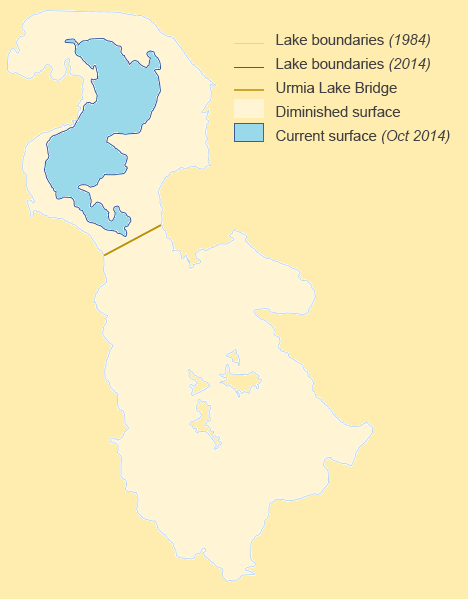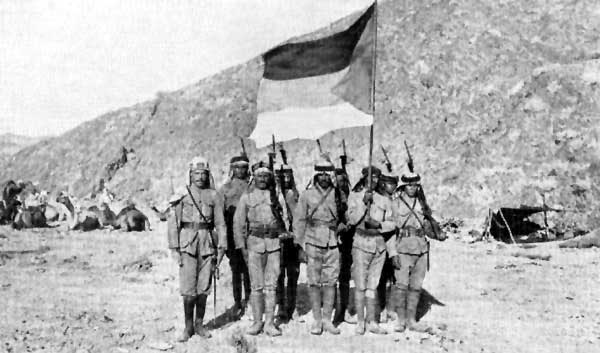|
Muzuri (tribe)
The Muzuri; مزووری (also spelled Mezuri, Missouri, Missuri, Musri, Mzuri or Mzwri) are a Kurdish tribal group inhabiting the northernmost areas of Iraqi Kurdistan. They live to the west of Margavar and (west of Lake Urmia). Muzuri is one of the oldest Kurdish tribes in Kurdistan. History In the tribal register of Pîr Emer Qubeysî's Mişûr, one of the sacred Yazidi manuscripts that were composed in 13th-14th centuries, Muzuri tribe is mentioned as one of the tribes attributed as Mirîds of the Yazidi saint, Pîr Emer Qubeysî and his lineage. Muzuris are also mentioned by Evliya Çelebi in his travelogue called the '' Seyahatname'' ("Book of Travel") in 1638, and mentioned by Mark Sykes in 1909, Also mentioned by the Kurdish historian Zaki in his book (Kurd and Kurdistan) in 1931. Mostly settled in Erbil and Dohuk Duhok (; ; , ) is a city in Kurdistan Region, Iraq. It is the Capital (political), capital city of Duhok Governorate. Name The city of Duhok received ... [...More Info...] [...Related Items...] OR: [Wikipedia] [Google] [Baidu] |
Kurdish People
Kurds (), or the Kurdish people, are an Iranian peoples, Iranic ethnic group from West Asia. They are indigenous to Kurdistan, which is a geographic region spanning southeastern Turkey, northwestern Iran, northern Iraq, and northeastern Syria. Consisting of 30–45 million people, the global Kurdish population is largely concentrated in Kurdistan, but significant communities of the Kurdish diaspora exist in parts of West Asia beyond Kurdistan and in parts of Europe, most notably including: Turkey's Central Anatolian Kurds, as well as Kurds in Istanbul, Istanbul Kurds; Iran's Khorasani Kurds; the Caucasian Kurds, primarily in Kurds in Azerbaijan, Azerbaijan and Kurds in Armenia, Armenia; and the Kurdish populations in various European countries, namely Kurds in Germany, Germany, Kurds in France, France, Kurds in Sweden, Sweden, and the Kurds in the Netherlands, Netherlands. The Kurdish language, Kurdish languages and the Zaza–Gorani languages, both of which belong to the Wes ... [...More Info...] [...Related Items...] OR: [Wikipedia] [Google] [Baidu] |
Iraqi Kurdistan
Iraqi Kurdistan or Southern Kurdistan () refers to the Kurds, Kurdish-populated part of northern Iraq. It is considered one of the four parts of Greater Kurdistan in West Asia, which also includes parts of southeastern Turkey (Northern Kurdistan), northern Syria (Western Kurdistan), and northwestern Iran (Eastern Kurdistan). Much of the geographical and cultural region of Iraqi Kurdistan is part of the Kurdistan Region (KRI), a semi-autonomous administrative division, autonomous region recognized by the Constitution of Iraq. As with the rest of Kurdistan, and unlike most of the rest of Iraq, the region is inland and mountainous. Etymology The exact origins of the name ''Kurd'' are unclear. The suffix ''-stan'' is an Iranian languages, Iranian term for region. The literal translation for Kurdistan is "Land of Kurds". The name was also formerly spelled ''Curdistan''. One of the ancient names of Kurdistan is ''Corduene''.A.D. Lee, ''The Role of Hostages in Roman Diplomacy with ... [...More Info...] [...Related Items...] OR: [Wikipedia] [Google] [Baidu] |
Margavar
Margavar Rural District () is in Silvaneh District of Urmia County, West Azerbaijan province, Iran. Its capital is the village of Ziveh. History According to Harry P. Packard of the Board of Foreign Missions of the Presbyterian Church, the rural districts of Dasht, Margavar, and Targavar were destroyed by Turks and Kurds during the Assyrian genocide in events that gave rise to the Assyrian independence movement. Few Assyrians remain in Margavar and the district is mostly populated by Kurds. Demographics Population At the time of the 2006 National Census, the rural district's population was 34,862 in 6,012 households. There were 37,170 inhabitants in 8,364 households at the following census of 2011. The 2016 census measured the population of the rural district as 40,174 in 9,602 households. The most populous of its 54 villages was Dizaj, with 4,907 people. See also * Emirate of Bradost Emirate of Bradost or Emirate of Biradost (, 1510–1609) was a hereditary Kurdis ... [...More Info...] [...Related Items...] OR: [Wikipedia] [Google] [Baidu] |
Lake Urmia
Lake Urmia is an endorheic salt lake in Iran. The lake is located between the provinces of East Azerbaijan and West Azerbaijan in Iran, and west of the southern portion of the Caspian Sea. At its greatest extent, it was the largest lake in the Middle East. It is the sixth-largest saltwater lake on Earth, with a surface area of approximately , a length of , a width of , and a maximum depth of . By late 2017, the lake had shrunk to 10% of its former size (and 1/60 of water volume in 1998) due to persistent general drought in Iran, but also the damming of the local rivers that flow into it, and the pumping of groundwater from the surrounding area. This dry spell was broken in 2019 and the lake is now filling up once again, due to both increased rain and water diversion from the Zab River under the Urmia Lake Research Programme. Lake Urmia, along with its approximately 102 (former) islands, is protected as a national park by the Iranian Department of Environment. Names and et ... [...More Info...] [...Related Items...] OR: [Wikipedia] [Google] [Baidu] |
Kurds
Kurds (), or the Kurdish people, are an Iranian peoples, Iranic ethnic group from West Asia. They are indigenous to Kurdistan, which is a geographic region spanning southeastern Turkey, northwestern Iran, northern Iraq, and northeastern Syria. Consisting of 30–45 million people, the global Kurdish population is largely concentrated in Kurdistan, but significant communities of the Kurdish diaspora exist in parts of West Asia beyond Kurdistan and in parts of Europe, most notably including: Turkey's Central Anatolian Kurds, as well as Kurds in Istanbul, Istanbul Kurds; Iran's Khorasani Kurds; the Caucasian Kurds, primarily in Kurds in Azerbaijan, Azerbaijan and Kurds in Armenia, Armenia; and the Kurdish populations in various European countries, namely Kurds in Germany, Germany, Kurds in France, France, Kurds in Sweden, Sweden, and the Kurds in the Netherlands, Netherlands. The Kurdish language, Kurdish languages and the Zaza–Gorani languages, both of which belong to the Wes ... [...More Info...] [...Related Items...] OR: [Wikipedia] [Google] [Baidu] |
Iraqi Kurdistan
Iraqi Kurdistan or Southern Kurdistan () refers to the Kurds, Kurdish-populated part of northern Iraq. It is considered one of the four parts of Greater Kurdistan in West Asia, which also includes parts of southeastern Turkey (Northern Kurdistan), northern Syria (Western Kurdistan), and northwestern Iran (Eastern Kurdistan). Much of the geographical and cultural region of Iraqi Kurdistan is part of the Kurdistan Region (KRI), a semi-autonomous administrative division, autonomous region recognized by the Constitution of Iraq. As with the rest of Kurdistan, and unlike most of the rest of Iraq, the region is inland and mountainous. Etymology The exact origins of the name ''Kurd'' are unclear. The suffix ''-stan'' is an Iranian languages, Iranian term for region. The literal translation for Kurdistan is "Land of Kurds". The name was also formerly spelled ''Curdistan''. One of the ancient names of Kurdistan is ''Corduene''.A.D. Lee, ''The Role of Hostages in Roman Diplomacy with ... [...More Info...] [...Related Items...] OR: [Wikipedia] [Google] [Baidu] |
Yazidism
Yazidism, also known as Sharfadin, is a Monotheism, monotheistic ethnic religion which has roots in Ancient Iranian religion, pre-Zoroastrian Iranian religion, directly derived from the Indo-Iranians, Indo-Iranian tradition. Its followers, called Yazidis, are a Kurdish language, Kurdish-speaking community. Yazidism includes elements of ancient Iranian religions, as well as elements of Judaism, Church of the East, and Islam."Yazīdī" ''Encyclopædia Britannica''. (2025) [1998]. Yazidism is based on belief in one God who created the world and entrusted it into the care of seven Holy Beings, known as Angels. Preeminent among these Angels is Tawûsî Melek (, also spelled as ''Melek Taûs''), who is the leader ... [...More Info...] [...Related Items...] OR: [Wikipedia] [Google] [Baidu] |
Evliya Çelebi
Dervish Mehmed Zillî (25 March 1611 – 1682), known as Evliya Çelebi (), was an Ottoman Empire, Ottoman explorer who travelled through his home country during its cultural zenith as well as neighboring lands. He travelled for over 40 years, recording his commentary in a travel literature, travelogue called the ''Seyahatnâme'' ("Book of Travel"). The name Çelebi#Title, Çelebi is an honorific meaning "gentleman" or "man of God". Life Evliya Çelebi was born in Istanbul in 1611 to a wealthy family from Kütahya. Both his parents were attached to the Ottoman Empire, Ottoman court, his father, Dervish Mehmed Zilli, as a jeweller, and his mother as an Abkhazians, Abkhazian relation of the Grand Vizier of Mehmed IV Melek Ahmed Pasha. In his book, Evliya Çelebi traces his paternal genealogy back to Ahmad Yasawi, the earliest known Turkic poet and an early Sufi mystic. Evliya Çelebi received a court education from Ulama#Ottoman era, the Imperial ''ulama'' (scholars). He may have j ... [...More Info...] [...Related Items...] OR: [Wikipedia] [Google] [Baidu] |
Travel Literature
The genre of travel literature or travelogue encompasses outdoor literature, guide books, nature writing, and travel memoirs. History Early examples of travel literature include the '' Periplus of the Erythraean Sea'' (generally considered a 1st century CE work; authorship is debated), Pausanias' ''Description of Greece'' in the 2nd century CE, '' Safarnama'' (Book of Travels) by Nasir Khusraw (1003-1077), the '' Journey Through Wales'' (1191) and '' Description of Wales'' (1194) by Gerald of Wales, and the travel journals of Ibn Jubayr (1145–1214), Marco Polo (1254–1354), and Ibn Battuta (1304–1377), all of whom recorded their travels across the known world in detail. As early as the 2nd century CE, Lucian of Samosata discussed history and travel writers who added embellished, fantastic stories to their works. The travel genre was a fairly common genre in medieval Arabic literature. In China, 'travel record literature' () became popular during the Song ... [...More Info...] [...Related Items...] OR: [Wikipedia] [Google] [Baidu] |
Mark Sykes
Colonel Sir Tatton Benvenuto Mark Sykes, 6th Baronet (16 March 1879 – 16 February 1919) was an English traveller, Conservative Party politician, and diplomatic advisor, particularly with regard to the Middle East at the time of the First World War. He is associated with the Sykes–Picot Agreement, drawn up while the war was in progress regarding the partitioning of the Ottoman Empire by the United Kingdom, France, and the Russian Empire, and was a key negotiator of the Balfour Declaration. Early life Born in Westminster, London, Mark Sykes was the only child of Sir Tatton Sykes, 5th Baronet, who, then a 48-year-old wealthy bachelor, married Christina Anne Jessica Cavendish-Bentinck, 30 years his junior. Several accounts suggest that his future mother-in-law essentially trapped Sir Tatton Sykes into marrying Christina. They were reportedly an unhappy couple. After spending large amounts of money paying off his wife's debts, Sir Tatton published a notice in the papers ... [...More Info...] [...Related Items...] OR: [Wikipedia] [Google] [Baidu] |







